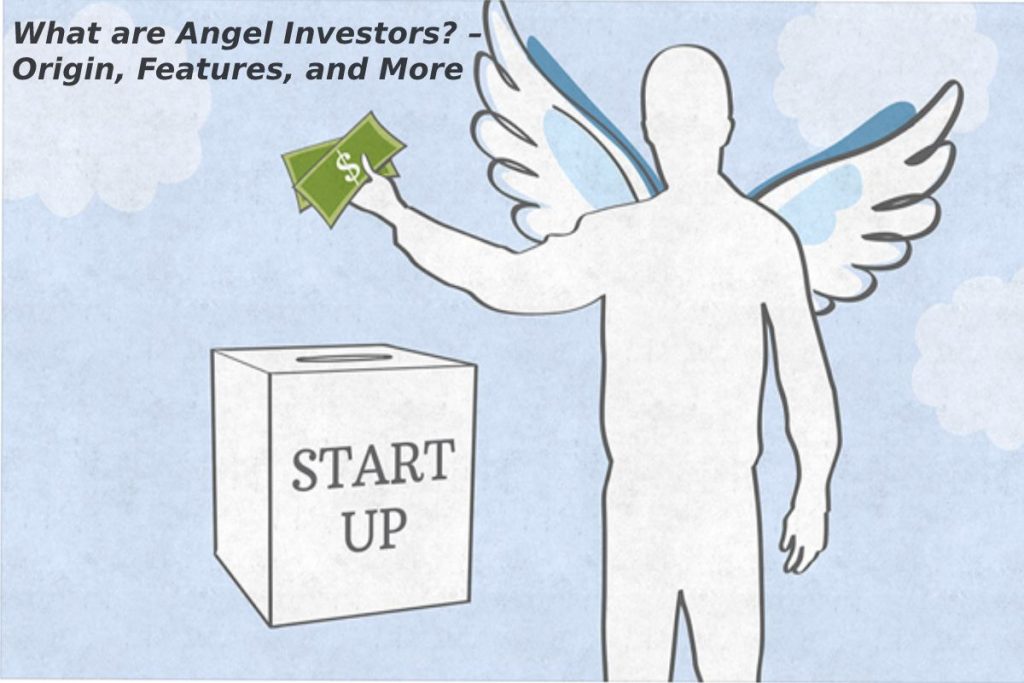Table of Contents
Angel Investors
Angel Investors business model consists of diversifying, placing his fortune in various ventures. Thus, it is enough that only some of these new companies work to make a profit.
The angel investor is a very wealthy individual interested in financing innovative business projects with high expected returns. Such initiatives, however, are also high risk.
As we know, the higher the risk of an investment, the higher the profitability required of that investment.
Let’s imagine that we invest 100,000 euros in 5 different companies, spending a total of 500,000 euros.
If 4 of the companies end up in bankruptcy but sell one of them for 1,000,000 euros, our final investment will have been successful.
Origin of the term
The term “angel” once referred to wealthy individuals in the Broadway theater community who stood up to save a production from closing its doors.
Before that, we had patrons who financially supported professional artists and creatives to focus on creating new work. Angels today are the equivalent of compassionate financiers.
Angel inverter features
Among the characteristics of the angel investor are:
It seeks to be present in the entrepreneurship hubs to get in touch with innovative professionals who need financing for their startups.
Such companies characterize by promising exponential growth if they prosper.
They not only lend money but they get involved with the project they finance. In some cases, they offer their business knowledge.
Thus, they help in decision-making and share their experiences and professional contacts.
They evaluate the speed of return on investment and the capacity and commitment of the entrepreneur.
Unlike what happens with a venture capital fund, wealth management did not delegate to a third party.
The angel investor manages his own money and decides where to put it. The capital contributed by an angel investor usually reward with a stake in the startup.
They usually group into networks or clubs organized by public or private entities, such as universities or study centers.
Angel investors are a secondary source of funding. Entrepreneurs turn to them after knocking on the door of family, friends, and professional contacts.
Angel investors are also known as godparents or proximity investors.
What do angel investors want to see?
While angels make the difference between startup growth and closure, they are, first of all, investors. They are not interested in giving away money; they want it back at some point.
To increase the chances of getting your money back, with interest, angels take the following into account when evaluating a business:
- Founders experience
- Whether the business plan is viable or not
- An innovative product or service
- If the business is scalable
- Existing profit (an article in “entrepreneur” indicates that the most common point in which a company insures an angel investor is 2.5 million dollars of profit)
- An exit strategy
When you want to get an angel, keep this in mind.
Find investing angels
If you think you fit what an angel wants, you may be wondering where to find one. Some of the most common connections occur through:
- Lawyers
- Accountants
- Venture capitalist
- Sites seeking funds
- Regional Angels Network
Start by asking your advisors, such as your lawyer or accountant, to know who might suit your company and its financial needs.
